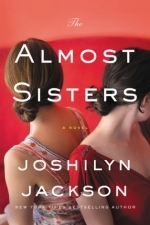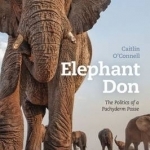
Elephant Don: The Politics of a Pachyderm Posse
Book
Meet Greg. He's a stocky guy with an outsized swagger. He's been the intimidating yet sociable don...
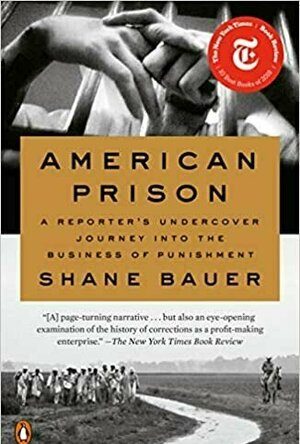
American Prison
Book
In 2014, Shane Bauer was hired for 9Ù an hour to work as an entry-level prison guard at a private...
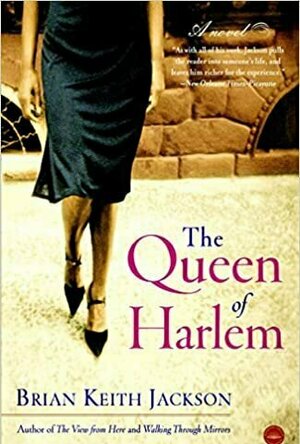
The Queen of Harlem
Book
An African American Breakfast at Tiffany's-a hip, refreshingly candid tale of identity and...
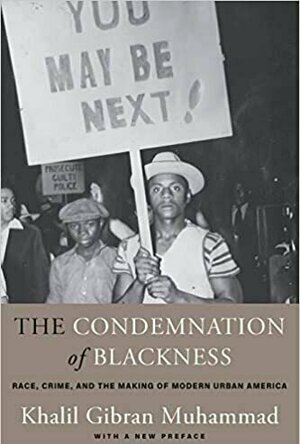
The Condemnation of Blackness: Race, Crime, and the Making of Modern Urban America
Book
Winner of the John Hope Franklin Prize A Moyers & Company Best Book of the Year “A brilliant work...
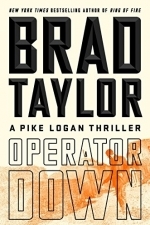
Operator Down: A Pike Logan Thriller
Book
Former Special Forces Officer and New York Times bestselling author Brad Taylor delivers a...
thriller
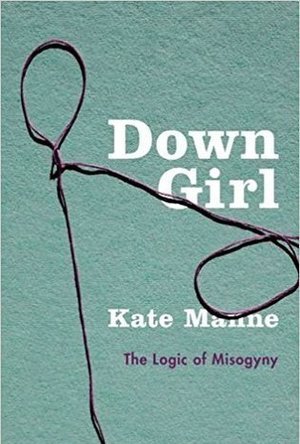
Down Girl: The Logic of Misogyny
Book
Misogyny is a hot topic, yet it's often misunderstood. What is misogyny, exactly? Who deserves to be...
ClareR (6062 KP) rated How Beautiful We Were in Books
Jan 25, 2022
It’s not until American citizens see the slaughter of the villagers that action is taken. However, even after promises of reparation, the oil company doesn’t pay up, and more deaths follow.
Thule is a fascinating character. She leaves to study in the US for the sake of her village - even though she doesn’t want to leave. But she wants to learn as much as possible so that she can help her friends and family. She studies, she gets involved in similar campaigns in America, and then comes home to use that knowledge. She’s so selfless: she has the opportunity to make a life in New York and never return to a place where her life will be in danger, but she goes home.
I really liked the way that this novel was set out, and it worked so well on audiobook. The Children, The Young Men and Thule chapters were read by different people, and it really helped to put me in their situation. Listening to the reactions of the children and young men in ‘their’ voices, and Thule’s experiences in ‘her’ voice, was what made this all the more special and affecting for me.
Recommended.
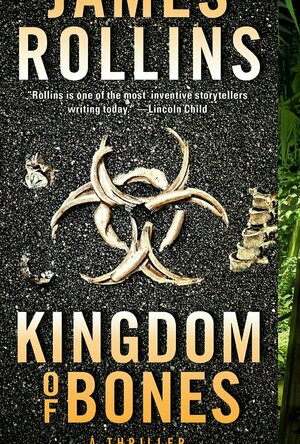
Kingdom of Bones (Sigma Force #16)
Book
From #1 New York Times bestselling author James Rollins, the latest riveting, deeply imaginative...
Kristy H (1252 KP) rated The Almost Sisters in Books
Jan 23, 2018
This is one of those ARCs that I don't remember requesting, but I'm really glad I did. It was a pleasant surprise - just a fun, warm novel, even with its serious (and extremely timely) subject matter. I warmed to nerdy Leia immediately (and not just because I have a cat named after said Princess): she's real and flawed and quite relatable. All of the women in Leia's life are well-written and their own people: sweet Lavender, trying to figure out her way in the world as her parents' marriage implodes; Rachel, Lavender's mom, a perfectionist struggling with a lot of imperfection; Wattie, Birchie's best friend, an African American woman living with her in Alabama; and then the amazing Birchie herself, written so impeccably that I could just see her stubborn, regal face pour vibrantly from every page. I fell hard for each of these women and their struggles became mine.
Sure, a lot of this book is a little predictable, but the racial tensions and struggles that Jackson writes about are not: they are real and true. Jackson captures the racial divisions so well - the sweet, kind sweet tea side of the South versus the dark, racist, segregated aspects. I could just picture Birchville and its townsfolk. The novel is excellent in that so much of the story is humorous, yet the serious side is very well-done, too.
Leia is a graphic novelist and portions of the book describe a graphic novel she'd written -- I'm not a huge graphic novel fan, so I wasn't completely into those pieces, but I was able to slide past them. The parallels in Leia's novel to the South didn't elude me, so I appreciated why that was included, even if I didn't always want to read a summary of a supposedly graphic novel. Some of the symbolism and metaphors may be a little too forced/spelled out for us at times, but I still enjoyed the novel very much. Pieces of it made me laugh out loud - Leia's sense of humor and her predicaments, Birchie's tough sensibility. Birchie and Wattie's dynamic was wonderful, and I really cared for those two.
In the end, I really enjoyed this one. There's a great story here as well a plot that doesn't gloss over racial discord. I appreciated both. The cast of characters is great -- real, funny, humorous, and heartbreaking. Certainly recommend.
I received a copy of this novel from the publisher and Librarything (thank you!) in return for an unbiased review.


